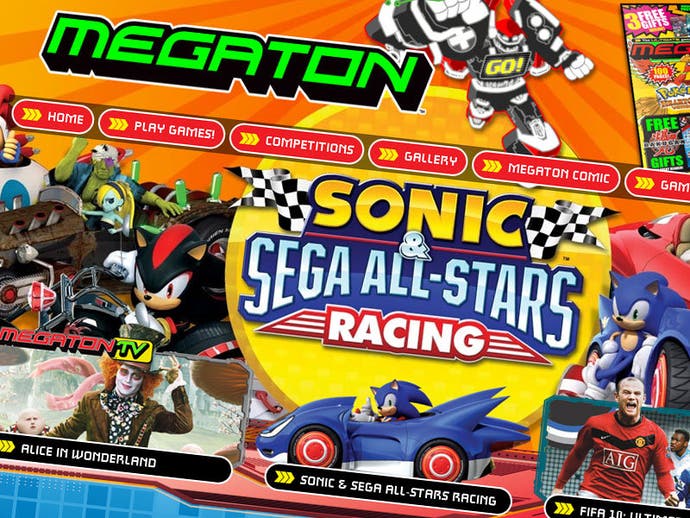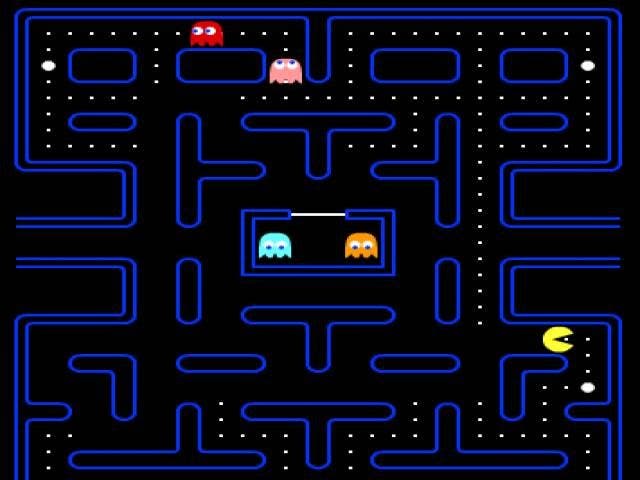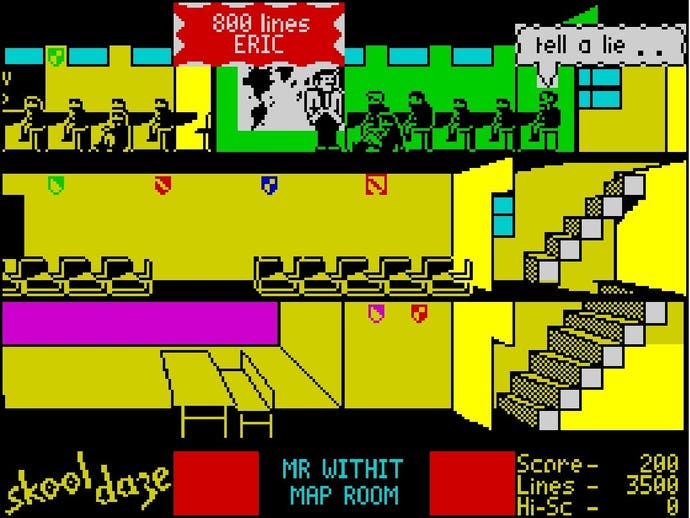Games That Define The Way Children Play
Get down with the kids to celebrate the launch of Megaton.co.uk.
This week sees the launch of Megaton.co.uk, Eurogamer's brand new games website for kids aged 8-12. If you're a parent, we'd love to hear what you think of it so we can make it even better. Drop us a line or add your thoughts to the launch blog comments thread.
The funny thing about kids games is that they didn't really exist until quite recently, at least not as a distinct sub-section of videogaming. For many years there were simply games, and almost all of them were suitable for kids even when they weren't specifically designed for them.
It's only in the last few hardware generations, with the rise of increasingly realistic graphics and gameworlds, that gaming has begun to leave the younger player behind. Take the old scrolling shooters and fighting games like Gryzor and Renegade. Remake them in a modern context, and the violence becomes prohibitively explicit.

This has meant that pre-teens have largely become a secondary market for an industry that too often sees more money in pandering to the adolescent with boobs, swearing and gore. Kids games, by and large, now only exist because they're tied to some new cartoon or animated movie; interactive brand extensions that only occasionally seem interested in delivering a polished and well designed gameplay experience.
So therefore the idea of coming up with a list of the 10 best children's games proves rather tricky. Modern efforts rarely aspire to the sort of standard that would warrant such praise, while if you look too far back you discover that pretty much any game can be passed off under the broad banner "For Kids".
With that in mind, what we present here is less of a definitive chart rundown, and more of a celebration of 10 great games, drawn from the last three decades. Some of the entries may surprise you, some of the omissions may infuriate you, but they all illustrate some of the core ideas and elements that go towards making a kids game great.
Pac-Man
- Namco, 1980

Most of the very early arcade classics are still capable of entrancing younger players, simply because their gameplay ideas are so simple and pure. Goals and objectives are impossible to misread, and there's virtually no chance of any player being confused as to what they need to do, or how they need to do it.
Yet despite this simplicity, Pac-Man punches above its weight even today. Tough but fun. Manic but measured. Pac-Man is probably the classic arcade title that has the most instant appeal for the pre-teen audience regardless of the year. It is, after all, essentially a digitised take on the timeless playground tradition of chasing each other around and screaming.
It's tag, in other words. Kids love the thrill of pursuit, their vestigial fight-or-flight instinct yet to be dulled by adult complacency, and so guiding Pac around the maze with ghosts on their trail is something they instinctively respond to. Little wonder that the game has endured in downloads and TV games, virtually unchanged, for 30 years.
Skool Daze
- Microsphere, 1985

This ZX Spectrum classic provides a pioneering example of a vital ingredient in kids gaming: empowerment. Set loose in a high school, and forced to bunk off lessons and roam the corridors with catapult to hand, this taps into a Bash Street notion of benign rule-breaking that is still enormously empowering for an audience whose lives are still dictated almost entirely by adults.
Giving players the option to rename the teachers and pupils, and write on the blackboards, was therefore a stroke of uncommon genius, an experiment in early user-generated content that still elicits a warm sigh of nostalgia from retro-minded gamers. The sequel, Back to Skool, was even better; opening out the gameworld beyond the small school layout and giving you more to do than just ping catapult shots off flashing shields.
The stiff 8-bit controls may prove to be a barrier for today's gamers, though the excellent Klass of '99 freeware remake retains all the charm of the original, with cleaner visuals and smoother control. Extra house points all round.

